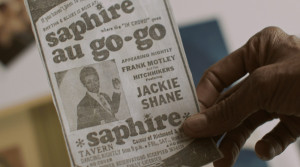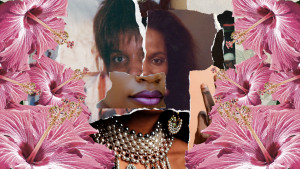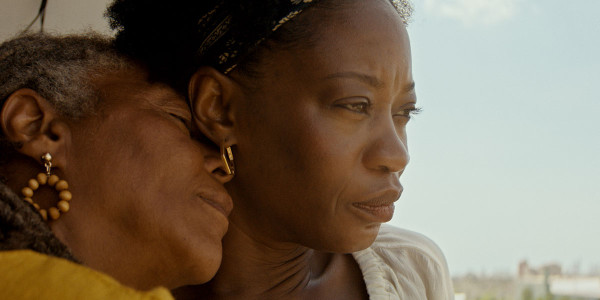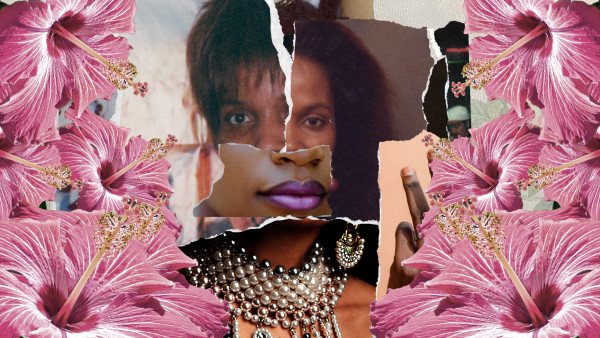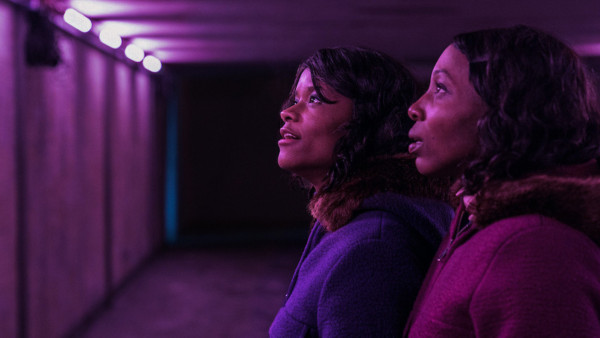Recently, a poignant tribute was held during the Hot Docs Festival, a testament to the profound impact of Officer's life and work. Friends, colleagues, and admirers gathered to honour the memory of this remarkable actor, producer, professional hockey player, fashion model, director, and filmmaker.
The event included a screening of Mighty Jerome, the story of Canada’s track superstar, Harry Jerome. They shared clips of his films, and had a panel discussion about Officer’s life, accolades and achievements, moderated by Dalton Higgings and Powys Dewhurst. The panel included his friends Marsha Greene, Garvia Bailey, Lea Marin and Michael A. Levine.
The Renaissance Man
Charles was an outgoing creative with range. His ability to ride the wave and live many lives from one spectrum to the next added to his allure and charm. He was multifaceted, bringing his verve for life and passion to anything he worked on. He was perhaps even a Renaissance man if you will. Dalton Higgins shared many decades in friendship with Officer, and he wholeheartedly agrees.
“The reason why you can't replace Charles or there will never be another Charles Officer is because he's like a textbook unicorn. He's one of those Black dudes you know that can be called a multi-hyphenate. Charles was a guy who left behind a body of work—he was modelling back in the day, he was acting, he's done theatre, he's produced documentaries and done feature films. He was a hockey player. He achieved a little bit of mastery across sectors,” says Higgins.
{https://www.instagram.com/p/Ce_hA53AwVD/}
“Not a lot of people are like that. When you look at it historically, I point to Paul Robeson. He was equally skilled as an athlete, then a singer. Jim Brown is another. There aren’t a lot of these kinds of multi-hyphenates, or I call it like it is: he was like a Renaissance man.”
The Renaissance man in him, that juxtaposition, kept everyone guessing.
Executive producer and writer Marsha Greene can testify to this as she’s seen it during their 10-year friendship. “I think one of the things that made Charles really stand out was how versatile he was. Charles made his narrative film. He made Nurse.Fighter.Boy, and then he made a documentary. Then he was directing episodic television and just the way he would move between these genres and follow the stories, that meant something to him. He had such a sense of storytelling that he could move between those different genres. One thing that always stood out for me was that he had already done so many things. Like somehow he had time before I met him (laughs),” says Greene.
The Connector and his career
Officer’s film career took off in 2000 at the Toronto International Film Festival (TIFF) after the debut of his first feature film When Morning Comes. After making headway on the Canadian film circuit, he never looked back. From Short Hymn, Silent War to the multiple Genie-nominated Nurse.Fighter.Boy, Officer already cinched his spot among the best in the Canadian film industry. His filmography is exemplary. The Skin We’re In, Unarmed Verses, Mighty Jerome, Invisible Essence: The Little Prince and the award-winning Akilla’s Escape were all deep dives into Officers’ ingenuity. His masterful work on the CBC/BET drama The Porter was rewarded with three out of the 12 awards won at the 2023 Canadian Screen Awards. Officer won Best Direction, Best Drama Series and Best Dramatic Series.
{https://www.instagram.com/p/Cd8fy7zAnqs/?img_index=1}
One of the things Officer was most proud of was nurturing Black talent and facilitating the increased representation of Black filmmakers and artists. He was passionate about telling Black stories and supporting Black creativity. Officer was the founder of the award-winning independent production company Canesugar Filmworks and co-founder of Black Screen Office—an organization created to support Black Canadians working in the film sector.
But his involvement didn’t stop there. As per Greene, it was Officer’s empathy for the artists and his characters that set him apart. “Shortly after I met Charles, he was making a documentary called Unarmed Verses. It’s a beautiful documentary. He just cared so much for the young woman in it, Francine. He cared about the work, but he cared for her too. Charles cared about how she thought about herself and how to help the family. He was both in it and not in it. I think he didn't let his work overshadow his humanity. The passion for that documentary was as much about having the people tell their stories as it was about him being successful.”
{https://www.instagram.com/p/By3MasLAGJK/}
What struck me was how much he was truly invested in this family, in this young woman, in these kids, and what and where they would go from there. At the panel we did at Hot Docs, in the video shown, some of the kids from that documentary talked about how Charles was there for them even afterwards. So I think that's why I did feel like his work was an extension of so many things, like he was, and he did care about the work being beautiful, but he also cared about the people in the work being honoured.”
To say that Officer was an exemplary person would be modest. His legacy in film leaves a body of work that will stand tall in Canadian history. On a personal front, his undercurrent of activism, promotion and protection of Black lives, and passion for education and entertainment will always be celebrated and remembered when speaking of this respected guardian.
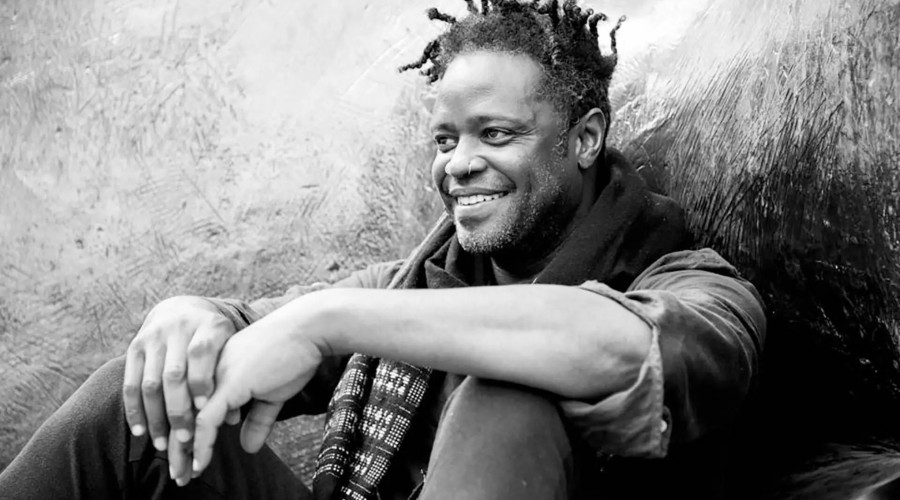
 By
By 




